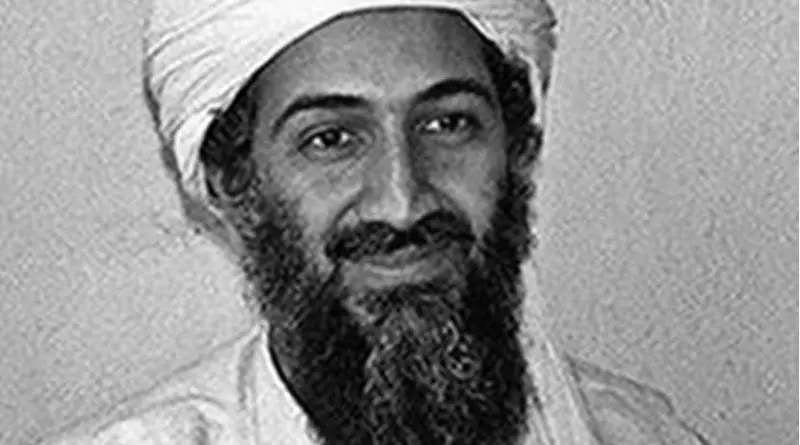Seymour Hersh’s 10,000-Word Bin Laden Story Told Four Years Ago In 640 Words By Larry Johnson – OpEd
By Paul Woodward - War in Context
When Seymour Hersh releases each of his blockbuster reports, what supposedly makes his claims authoritative is, more than anything else, the mere fact that they come from Seymour Hersh.
The reader is meant to trust the word of retired intelligence officials, consultants, and other unnamed experts, because Hersh trusts them. And we are meant to trust Hersh because of his stature as a veteran investigative journalist.
We are being invited to join a circle of confidence. Which is to say, we are being hooked by a confidence trick. Hersh is the confidant of (mostly) anonymous sources of inside information of inestimable quality, and we then become confidants of Hersh when he lets us in on the secrets.
To say this is not to imply that everything Hersh reports should be doubted, but simply to note that his egotistical investment in his own work — the fact that Hersh’s stories invariably end up being in part stories about Hersh — inevitably clouds the picture.
As a result, ensuing debate about the credibility of Hersh’s reports tends to devolve into polarized contests of allegiance. Each side sees the other as having been duped — either duped by a conspiracy theorist (Hersh) or duped by government officials and the mainstream media.
*
A week after Osama bin Laden was killed, Larry Johnson wrote a blog post that reads like an outline draft of Hersh’s latest report. Johnson is a retired senior intelligence official who claims to be knowledgeable about the initial intelligence about bin Laden’s presence in Abbottabad. Maybe he was the “major U.S. source” on whom Hersh relied.
On May 9, 2011, Johnson wrote:
I’ve learned some things from friends who are still active that dramatically alter the picture the White House is desperately trying to paint. Here is what really happened. The U.S. Government learned of Bin Laden’s whereabouts last August when a person walked into a U.S. Embassy and claimed that Pakistan’s intelligence service (ISI) had Bin Laden under control in Abottabad, Pakistan. Naturally the CIA personnel who received this information were skeptical. That’s why the CIA set up a safehouse in Abottabad in September 2010 as reported yesterday in the Washington Post.
The claim that we found Bin Laden because of a courier and the use of enhanced interrogation is simply a cover story. It appears to be an effective cover story because it has many Bush supporters pressing the case that enhanced interrogation worked. The Obama operatives in the White House are quite content to let the Bushies share in this part of the “credit.” Why? It keeps most folks from looking at the claims that don’t add up.
Anyway, the intel collection at the safe house escalated and the CIA began pressing Pakistan’s ISI to come clean on Osama.
As Pakistan’s Dawn notes in an editorial, the Pakistani version of events — the Abbottabad Commission report — has yet to be officially released.
Buried after initial promises that it would be made public, one version of the report has already seen the light of day via a leaked copy to Al Jazeera. That version alone contains a deep, systematic, even fundamental critique of the manner in which the ISI operates.
Surely, it is morally and legally indefensible of the state to hide from the public the only systematic inquiry into the events surrounding perhaps the most humiliating incident in decades here. National security will not be undermined by the publication of a report; national security was undermined by the presence of Osama bin Laden on Pakistani soil.

